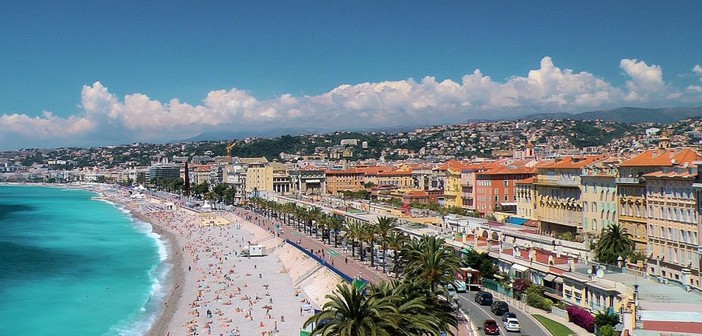After the national figures published by INSEE, it is now the turn of local economic actors to assess the state of the summer season.
The data shared between the CRT Côte d’Azur, the Nice Côte d’Azur Chamber of Commerce and Industry, Umih06, and the Nice Côte d’Azur Hotel Syndicate indicate an estimated decline of -10%, which corresponds to a decrease in revenue of around -20 to -25%.
According to these local organizations, this drop in attendance is widespread but varies greatly in magnitude depending on geographical areas, establishments, and segments of tourism demand.
It particularly affects urban centers and mid- to high-end hotels. For other segments, especially non-commercial ones, and for non-urban areas of the mid- and high-country, attendance is less, or even minimally, affected.
If confirmed by the final results, such a decline is exceptional: the most significant downturns recorded so far following the Paris attacks in 1995 and September 11, 2001, were smaller.
The known elements demonstrate that the entire destination of France is now greatly weakened.
The attacks which occurred in the heart of summer caused a new shock in the markets and froze the flow of new bookings. They blocked a potentially fragile intention for stays.
As announced by its president David Lisnard, the CRT has implemented a historic Côte d’Azur tourism recovery plan worth one million euros, with initial communication campaigns aimed at generating positive images of the destination starting as early as August 15, one month after the Nice attack.
One week after the launch of this campaign, the shares from our visitors and destinations on social networks around #CotedAzurNow exceed 11,000 and can be found on the social wall: www.cotedazur-now.com.
For David Lisnard: “The increase in the volume of new bookings is starting to be felt, proving, if anything, the necessity to act quickly and not wait several months, as after the Paris attacks, to launch a recovery plan for the destination.”
The historic scale of the decline in attendance and revenue in France’s leading economic sector, and, a fortiori, the Côte d’Azur, demands an urgent reaction.


